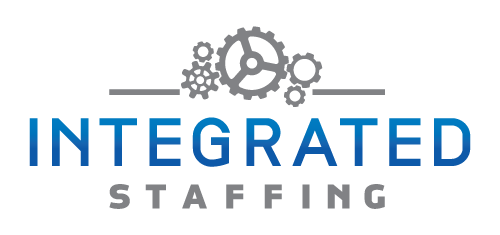Landing a job in today’s competitive market takes more than a strong résumé. Employers want to see how you think, adapt, and communicate when faced with challenges.
That’s why structured interview prep is so important. At Integrated Staffing, we’ve worked with thousands of candidates across the country, and the ones who stand out are always those who come to interviews prepared with clear stories and strong examples.
Whether you’re applying for a customer service role, an administrative position, or a skilled trade, taking the time to prepare will help you walk in with confidence and leave a positive impression.
The Value of Structured Answers
When an interviewer asks about your past experience, they don’t just want a list of tasks from your résumé. They want to understand how you think and how you respond under pressure. A proven way to keep your answers focused is to use the STAR Method: Situation, Task, Action, and Result. By walking through what happened, what your role was, what steps you took, and what the outcome was, you give the interviewer a clear picture of your skills in action.
For example, instead of saying, “I’ve dealt with difficult customers,” you could explain how you de-escalated an upset customer by listening carefully, offering solutions, and ensuring they left satisfied. That type of detail shows initiative and professionalism.
Key Topics to Prepare For
Most interviews touch on a few common areas, no matter the role. Here are four that you should always be ready to address:
Customer Service and Problem-Solving
Employers want to see that you can stay calm under pressure and think on your feet. Be ready to share a story about how you went above and beyond for a customer, handled a complex problem quickly, or balanced multiple priorities without sacrificing accuracy.
Adaptability and Technology
Modern workplaces change fast. You may be asked how you adapted to a new system or learned software under pressure. Think of a time you picked up new skills quickly and how it helped you succeed.
Stress Management and Resilience
Every job has high-pressure moments. Employers want to know you can manage stress without letting it affect your performance. Share an example of when you stayed calm in a stressful situation or handled a frustrated customer while maintaining professionalism.
Empathy and Communication
